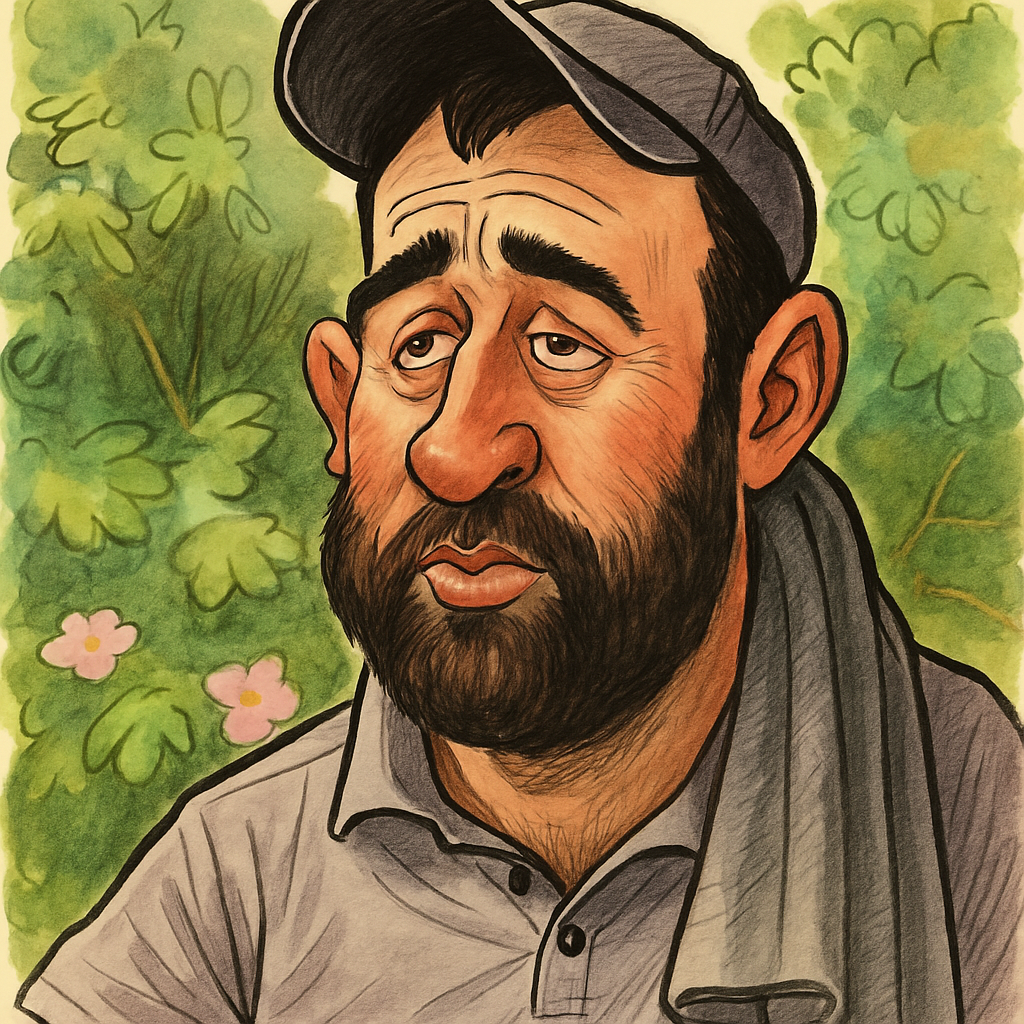AUGUSTA, Ga. — World number one Scottie Scheffler, fresh off another dominant victory at the 2024 Masters, stunned the golfing world not with his performance but with his post-tournament introspection. Standing in Butler Cabin, green jacket secured, Scheffler paused before answering a question about his relentless pursuit of excellence. "Sometimes I wonder, what's the point?" he admitted, sparking a wave of discussion about the mental toll of sustained success.
The Weight of Expectations
Scheffler's candid reflection reveals an athlete grappling with the paradox of dominance. Since ascending to world number one in March 2022, the 27-year-old has amassed:
- 9 PGA Tour victories (including 2 Masters)
- Over $40 million in official earnings
- 28 consecutive top-10 finishes
Yet his comments suggest these achievements bring as much burden as joy. "When you're chasing something your whole life and then you catch it, you realize the chase never really ends," Scheffler told ESPN. "There's always another tournament, another ranking, another expectation."
The Relentless Grind
Scheffler's daily routine exemplifies golf's punishing demands. His coach Randy Smith shared insights into the champion's regimen:
- 5:30 AM wake-up for strength training
- 3-hour morning practice sessions (minimum)
- Afternoon course management study
- Evening putting drills until dark
This schedule continues even during tournament weeks. "People see the trophies but not the thousand small decisions every day to say no to everything else," Scheffler confessed after his Arnold Palmer Invitational win. "Sometimes I ask myself if the trade-offs are worth it."
The Mental Battle
Sports psychologist Dr. Bhrett McCabe, who has worked with Scheffler, explains this phenomenon: "Elite athletes often experience existential questioning precisely at their peak. The very traits that drive success—perfectionism, relentless self-evaluation—can become sources of distress when unchecked."
Scheffler's wife Meredith has been vocal about the psychological toll. After his Players Championship defense, she revealed: "Scottie will call me from the range at 9 PM saying, 'I can't stop until I fix this one thing.' Then he wakes up at 3 AM worrying about his wedge distances. The scary part? That's when he's winning."
Historical Precedents
Scheffler isn't the first dominant athlete to voice such doubts. Comparisons abound with:
- Andre Agassi's admission of hating tennis in his autobiography
- Michael Jordan's first retirement at 30
- Lorena Ochoa walking away from golf at 28
Golf historian James Hirsch notes: "What makes Scheffler's case unique is he's expressing this while maintaining unprecedented consistency. Most athletes either suppress these thoughts or they manifest in performance decline."
The Road Ahead
As Scheffler prepares for the PGA Championship, the golf world watches closely. His recent comments suggest potential crossroads:
- Continued dominance with adjusted perspective
- Reduced schedule to preserve mental health
- Early retirement (considered unlikely but not impossible)
Rival Jon Rahm offered perspective: "When Scottie says these things, people think it's false humility. But I know him—he genuinely struggles with why hitting a little white ball matters so much in this crazy world."
For now, Scheffler continues his quest, though perhaps with new awareness. As he told Golf Channel: "Maybe the point isn't the winning itself, but what the chasing reveals about you. The trophies collect dust, but the person you become... that lasts." Whether this philosophical approach sustains his competitive fire remains one of golf's most compelling narratives.


